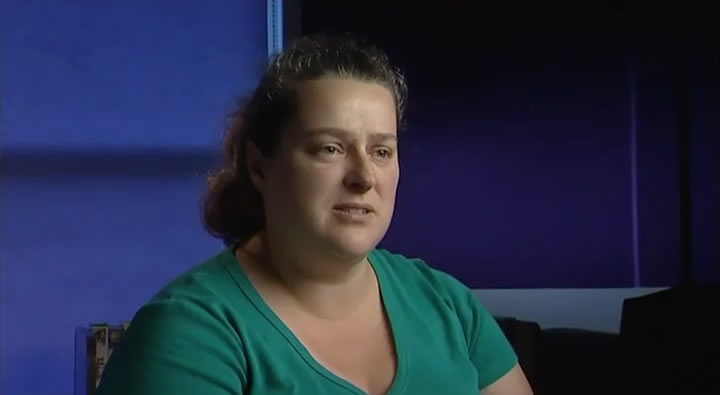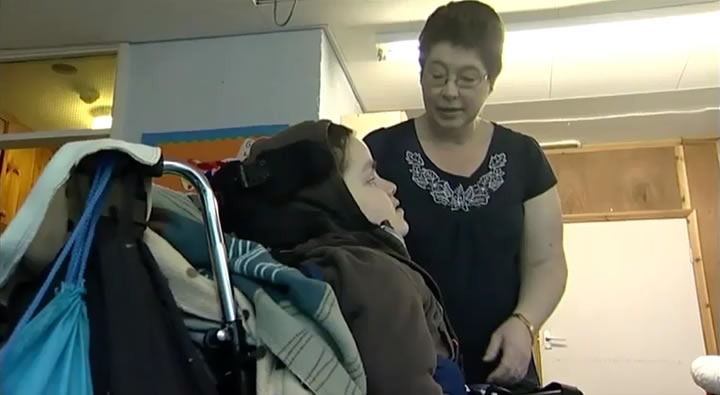Listen to this audio clip in which Caroline, Matthew's mother, talks about the range of professionals involved in Matthew's care.
How is their input coordinated?
Answer
Caroline is the main point of contact for the professionals. She coordinates their input and advocates on Matthew's behalf.
Return
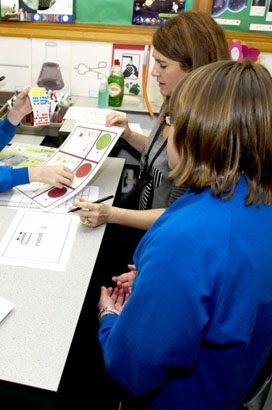
The Team around the Child (TAC), first developed by Peter Limbrich, is a multidisciplinary team of professionals arranged to support a child and their family. It was originally based on the Common Assessment Framework (CAF). This is an approach to assessment whereby the professionals worked together using one assessment form and aimed to work in partnership with parents.
The TAC emphasises the need for professionals to share views and resources. This approach is the most effective for parents. Although the TAC has many functions, some of them focus on promoting positive behaviour.
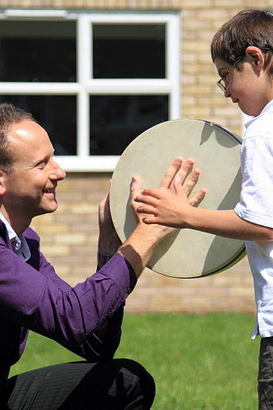
In a previous section of this module, 'Working with families', we saw the emotional and practical impact that bringing up a child with complex needs can have on parents.
The TAC has many of the resources necessary to make a real practical difference to families' lives, for example:
- Short breaks (respite)
- Home support
- Housing
- Holidays
- Equipment and other specialist resources, and
- Appropriate education.
Access to these resources can relieve families of stress and pressure.
Listen to this audio clip in which Caroline, Matthew's mum, talks about the importance of respite and hospice care for her family.
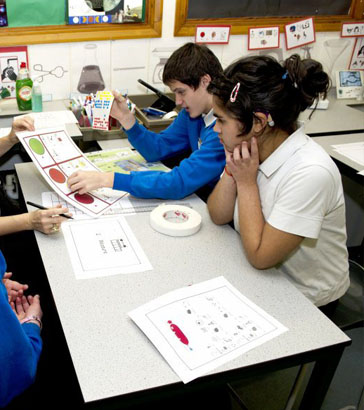
In the audio clip above, we heard how Caroline, Matthew's mother is the main point of contact for the professionals that support him.
A significant element of the concept of the TAC is that it is the role of lead professionals who:
- Act as a single point of contact for the child or family
- Coordinate the delivery of the actions agreed by the professional involved, and
- Reduce overlap and inconsistency in the services offered to families.
Coordinated provision can relieve families of stress and pressure.
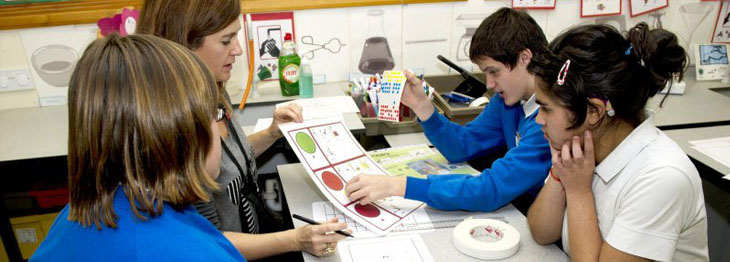
- Identify the lead professional for each of your children with complex needs and challenging behaviour.
- How effective are they in coordinating the necessary resources to make a real practical difference to the lives of families?
- What could you (and your school) do to support them to become more effective?

